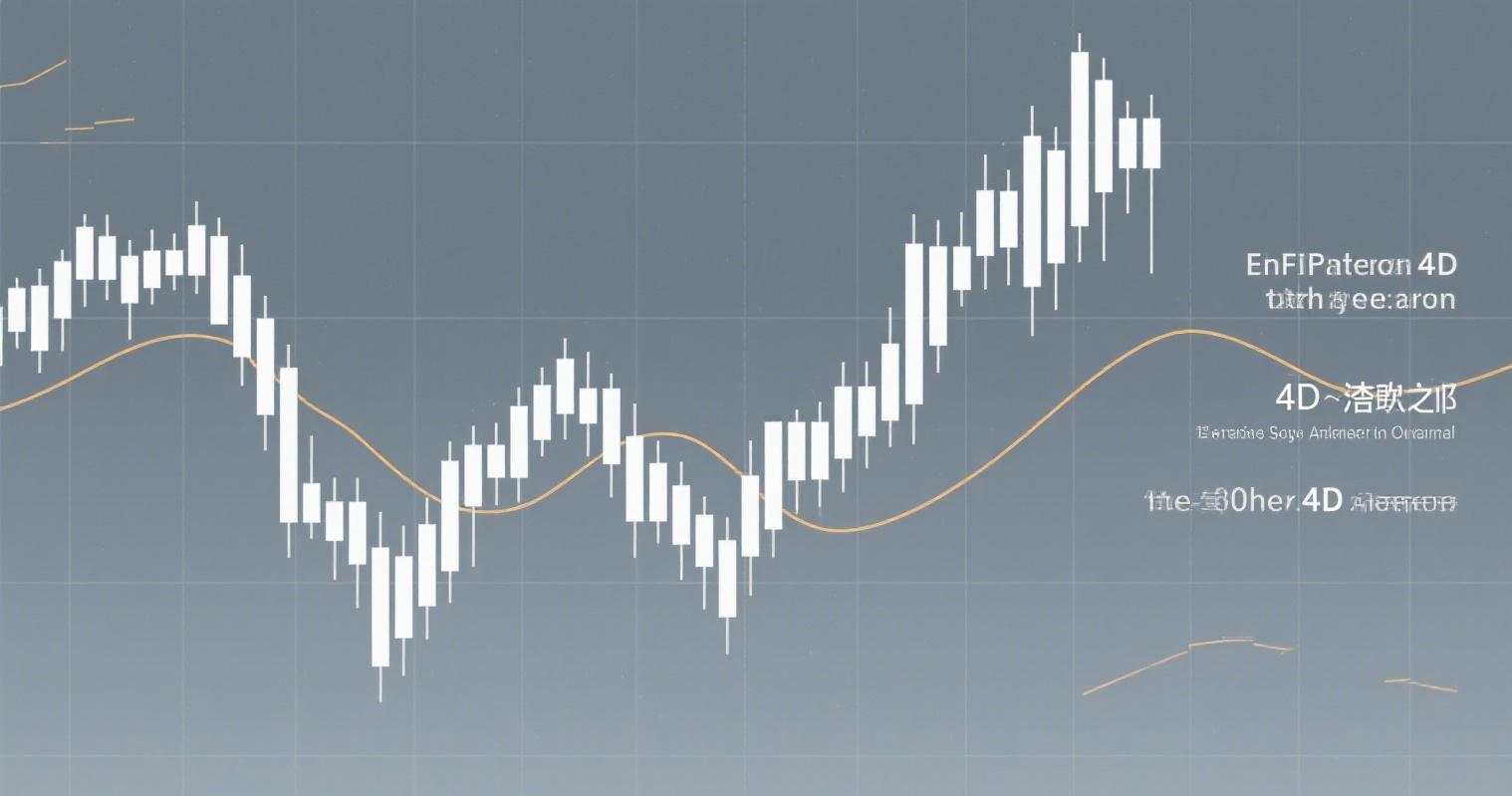
Data Flashing Warning Signs Within a Week: US Economy Heading Towards "Stagflation" Outcome!
Based on a series of data released over the past week, economists are increasingly convinced that the likelihood of the US economy heading towards the "worst-case" scenario is growing. They indicate that the economic environment is approaching stagflation—a dreaded condition characterized by rising inflation, slowing economic growth, and soaring unemployment rates.
Economists believe this situation poses greater challenges for policymakers than a typical economic recession, as high inflation prevents the Federal Reserve from stimulating economic growth through interest rate cuts.
In fact, stagflation first appeared on Wall Street's "radar" after President Trump announced the "Liberation Day Tariffs" in early April. Tariffs are believed to exacerbate inflation as businesses may pass on at least part of the import tariff costs to consumers through price hikes. Simultaneously, tariffs could slow growth by increasing costs for companies reliant on imported inputs.
According to economic forecasters, this trend is now beginning to manifest in the data.
Here are the stagflation signals they observed over the past week: The Fed's Preferred Inflation Gauge Exceeds Expectations
Economists noted that the Federal Reserve's favored inflation measure—the Personal Consumption Expenditures (PCE) inflation rate—rose 2.6% year-over-year in June, higher than the economists' forecast of 2.5% and slightly above May's 2.4%.
Skanda Amarath, former Fed economist and Executive Director of Employ America, wrote in a report: "Compared to the beginning of the year, the Fed's primary inflation indicators are no longer showing significant declines. On most key inflation measures, we remain about 80 basis points above the Fed's inflation target. The US economy appears to be experiencing mild stagflation."
Emily Bowersock Hill, CEO of Bowersock Capital Partners, stated that as markets assess the full impact of Trump's tariffs, the risk of stagflation may continue to climb. After multiple delays, a broad range of tariffs targeting dozens of countries finally took effect on Thursday.
Bowersock wrote in a report: "Trade wars are stagflationary shocks." She added that businesses are likely to raise prices in the third and fourth quarters of this year.
"While deregulation and tax cuts may partially offset this impact in the short term, the ultimate outcome will be slower growth and higher inflation," she further noted.
















